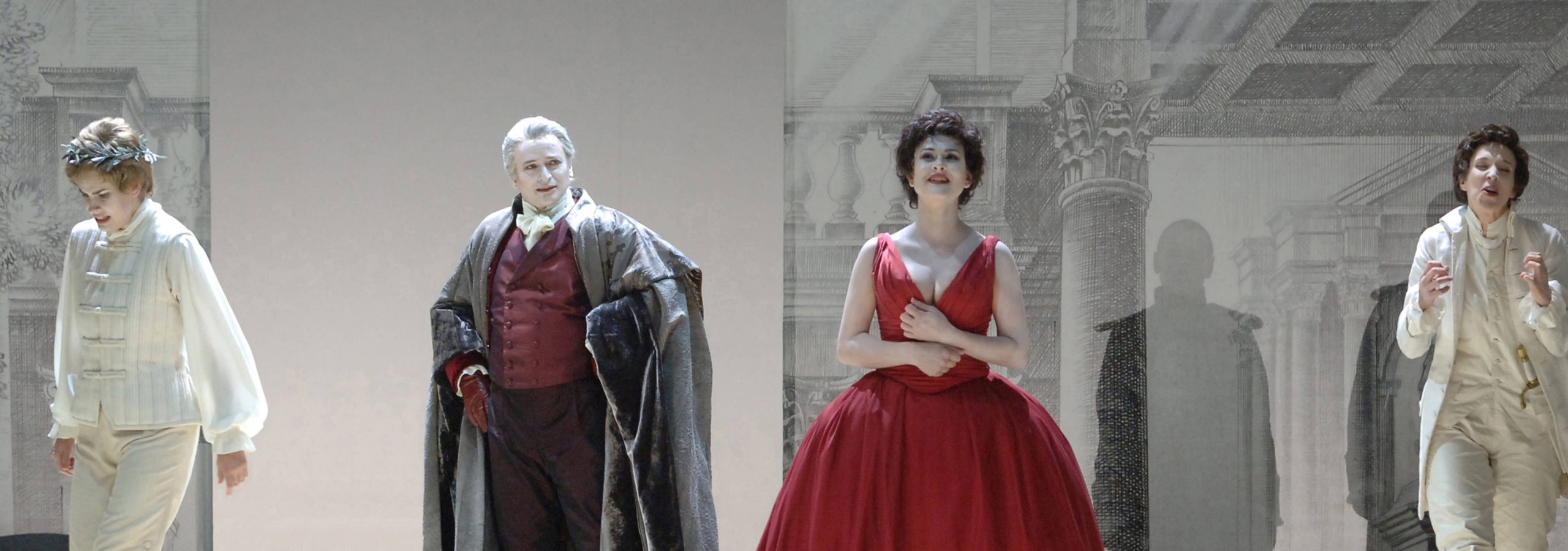



TheatreHD and Tsaritsyno State Museum-Reserve present the project Tsaritsyno. Opera at the Movies.
On 6 January (online) and 30 January 2022 (offline), Tsaritsyno Museum-Reserve will host a performance of B. Galuppi’s opera L’Olimpiade.
Baldassare Galuppi (1706-1785) was a famous Italian composer of the 18th century and not an alien to Russia at all. In the 1760s, he served in St. Petersburg for three years as court chapelmaster to Catherine the Great. In 2006, his hometown of Venice lavishly celebrated the 300th anniversary of his birth. Galuppi earned his nickname ‘Buranello’ as a native of the island of Burano, where a monument to him stands in the central square. By a special resolution, the Senate of Venice permitted the musician to serve in Russia for three years, from 1765 to 1768. Galuppi not only wrote operas and sacred pieces for the Russian court but also trained singers and composers, in particular, helping Dmitry Bortnyansky to make his way in the world.
To celebrate the anniversary, the legendary La Fenice theatre in Venice has decided to reinstate his L’Olimpiade. This opera premiered in Milan in 1747 to resounding acclaim, but the score has since been buried in the archives and was thought to have been almost lost.
Conductor Andrea Marcon and musicologist Claire Genewein did a lot of work, actually putting together the score – piece by piece from several versions of various years, having searched through the archives and libraries in Regensburg and London for missing elements of the score kept in Milan. In fact, it was the world premiere.
Andrea Marcon is well known to our audiences, primarily as the conductor of Handel’s Alcina directed by Katie Mitchell, widely seen in the film version made in Aix-en-Provence and at the Bolshoi Theatre.
The opera scenario by the famous court poet Pietro Metastasio of the Viennese imperial court uses a story from Herodotus’ The Histories about the conflict of love and friendship, betrayal, despair, and the reunion of hearts. The intrigue revolves around a contest for the hand of a princess at the Olympic Games in ancient Greece.
Dominique Poulange’s production takes the action back to the chivalrous 18th century, with its conflicts of feeling and duty, honour and passion, wigs and justicoats – but the characters and actions of the protagonists reveal the themes of today’s hectic social debates in a startling way. Curiously enough, the sets and costumes, reminiscent of ancient porcelain painting, were originally created for another L’Olimpiade, an opera by Domenico Cimarosa to the same libretto by Metastasio. Amusingly, Cimarosa also enjoyed a career at Catherine’s court. There are about 60 different known L’Olimpiades, including operas by Antonio Caldara, Giovanni Battista Pergolesi, Antonio Vivaldi and even Gaetano Donizetti.
Galuppi made it into the history of music primarily as a reformer of opera buffa, creating, together with the playwright Carlo Goldoni, a synthetic genre of ‘humorous drama’ (dramma giocoso) in which serious themes were combined with comic ones. It was the genre that Mozart later chose for his Don Giovanni. But of course, Galuppi also left behind numerous opera seria, in which the baroque canons of the genre also melted down and were reinterpreted under the onslaught of classicism. And in a number of his works, one can hear a foretaste of Gluck’s reforms and late Mozart’s masterpieces.
The 2006 premiere of L’Olimpiade took place at Teatro Malibran, a Venetian theatre with more than four centuries of history, named after the great bel canto diva Maria Malibran. It has closed several times, been reconstructed, reopened, and, since 1992, has been a branch of Teatro La Fenice.
Занятие проходит в Большом дворце музея-заповедника «Царицыно». Организатор табличкой встретит участников у касс в подземном помещении главного входа в музей (стеклянный павильон между Хлебным домом и Большим дворцом). Мы рекомендуем прийти за 15 минут до начала занятия.
Дресс-код – удобная одежда, не мешающие процессу творчества и сменная обувь.
Во время проведения мастер-класса может проводиться фото- и видеосъемка с целью некоммерческого использования материалов в социальных сетях и на официальном сайте проекта.
Регистрация или покупка билета на мастер-класс «Первая опера» означает Ваше согласие на использование материалов с Вашим изображением. Если фотосъемка для Вас некомфортна, обязательно обратитесь к организатору перед началом мастер-класса.
Музей-заповедник «Царицыно» - зона COVID free, поэтому родителям для входа на мастер-классы, предполагающие участие родителя и ребенка, понадобится QR-код или ПЦР-тест (срок действия теста – три дня). Детям QR-код и ПЦР-тест не понадобится.
Входной билет на мастер-класс дает право посещения выставки-фестиваля «Театрократия. Екатерина II и опера» без просмотра VR-спектакля.
Если у вас остались вопросы, свяжитесь с нами по электронной почте n.machikhina@tsaritsyno-museum.ru
это цикл мероприятий для детей, кинопоказы, спектакли, дискуссии, концерты
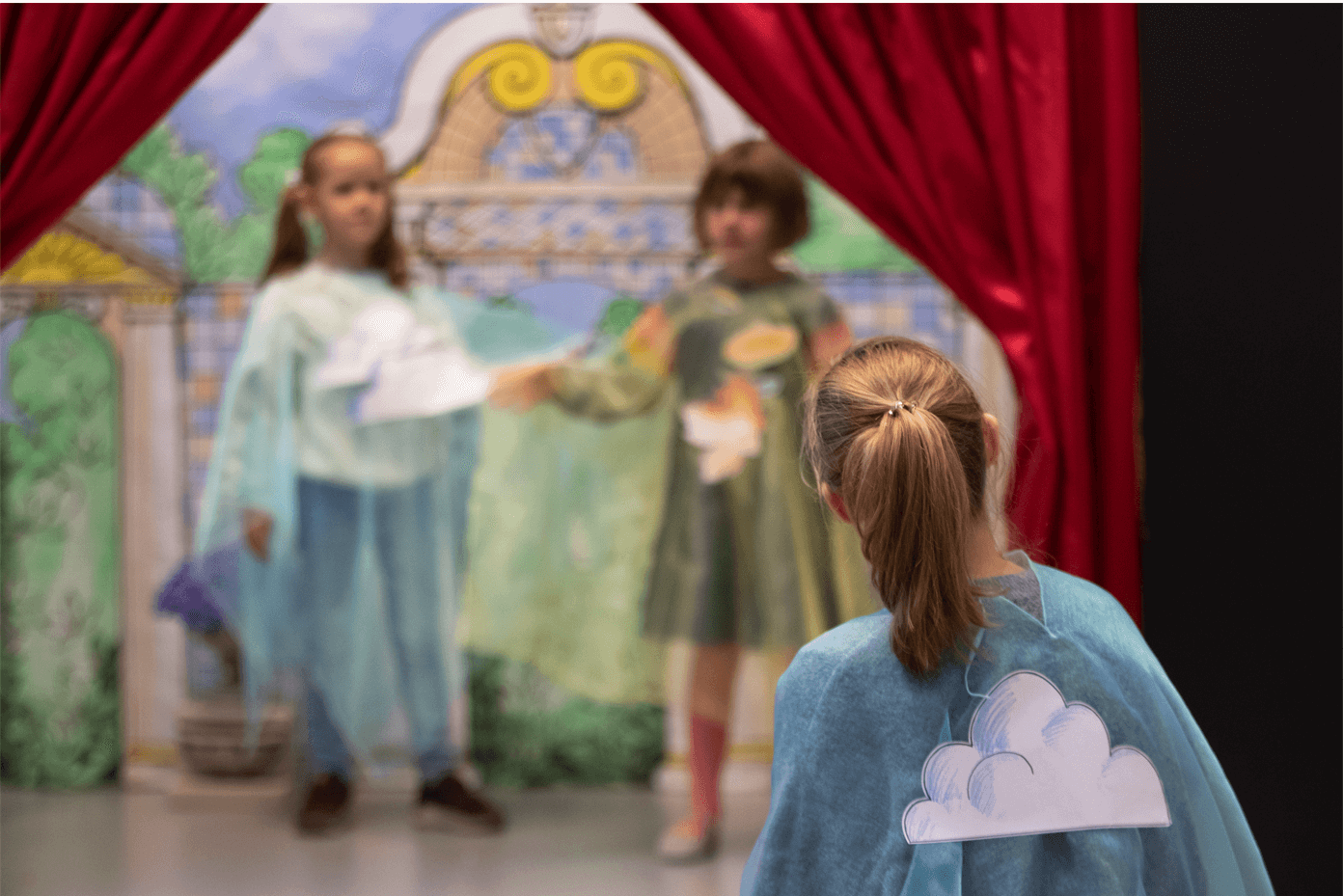
workshop
September 25 - December 25
Купить билет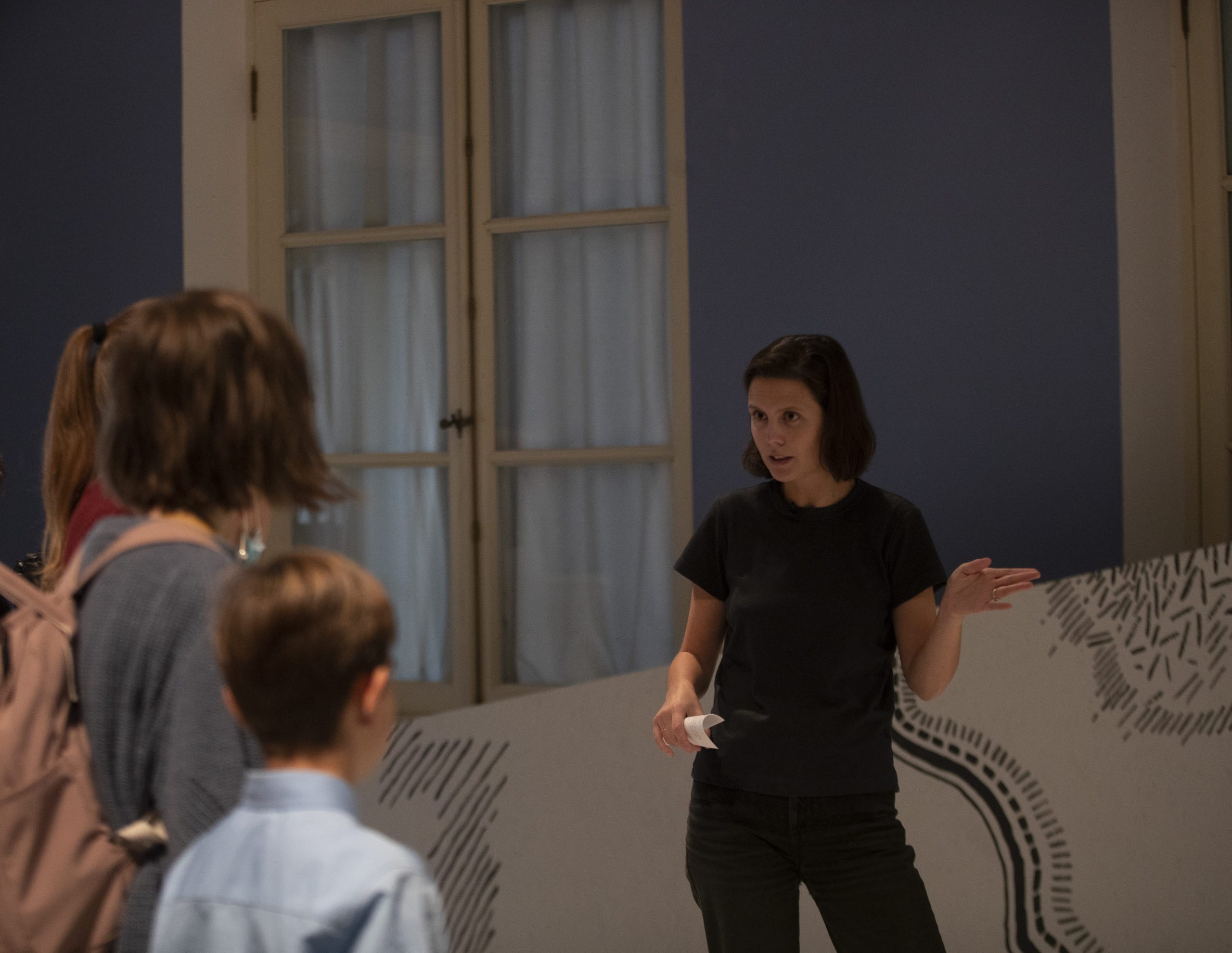
workshop
September 29 - December 26
Купить билет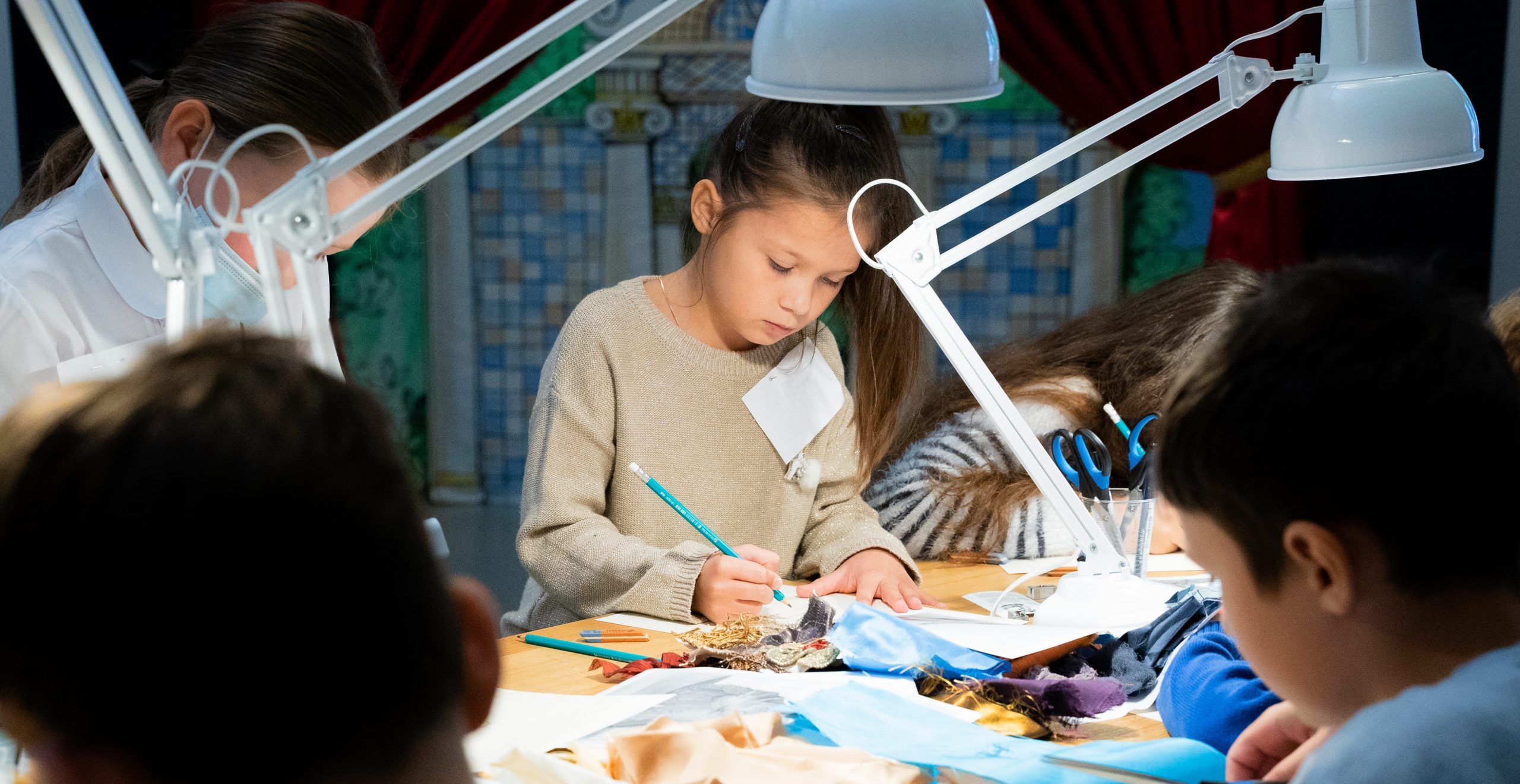
workshop
September 26 - December 19
Купить билет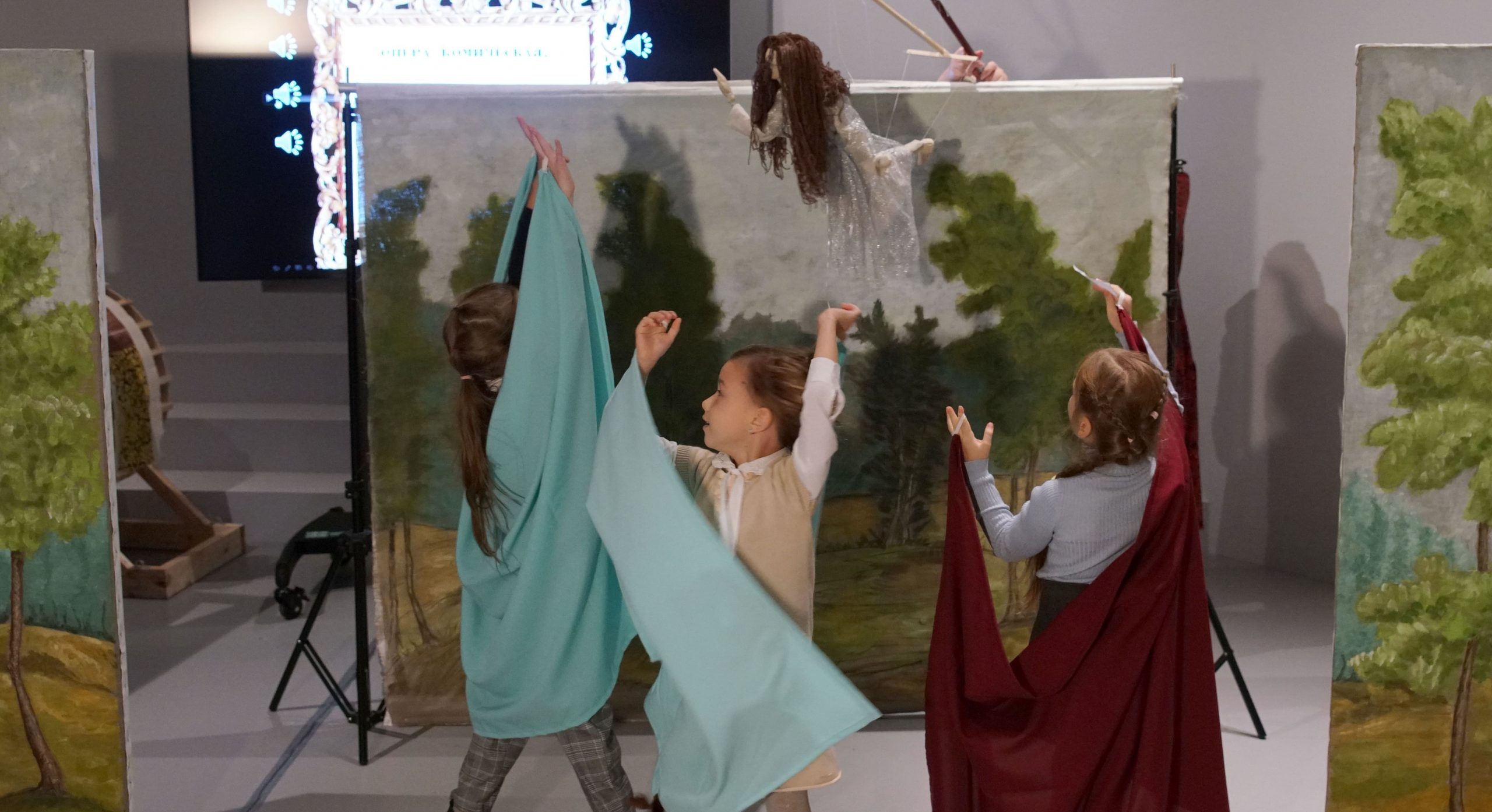
workshop
October 3 - January 9
Купить билет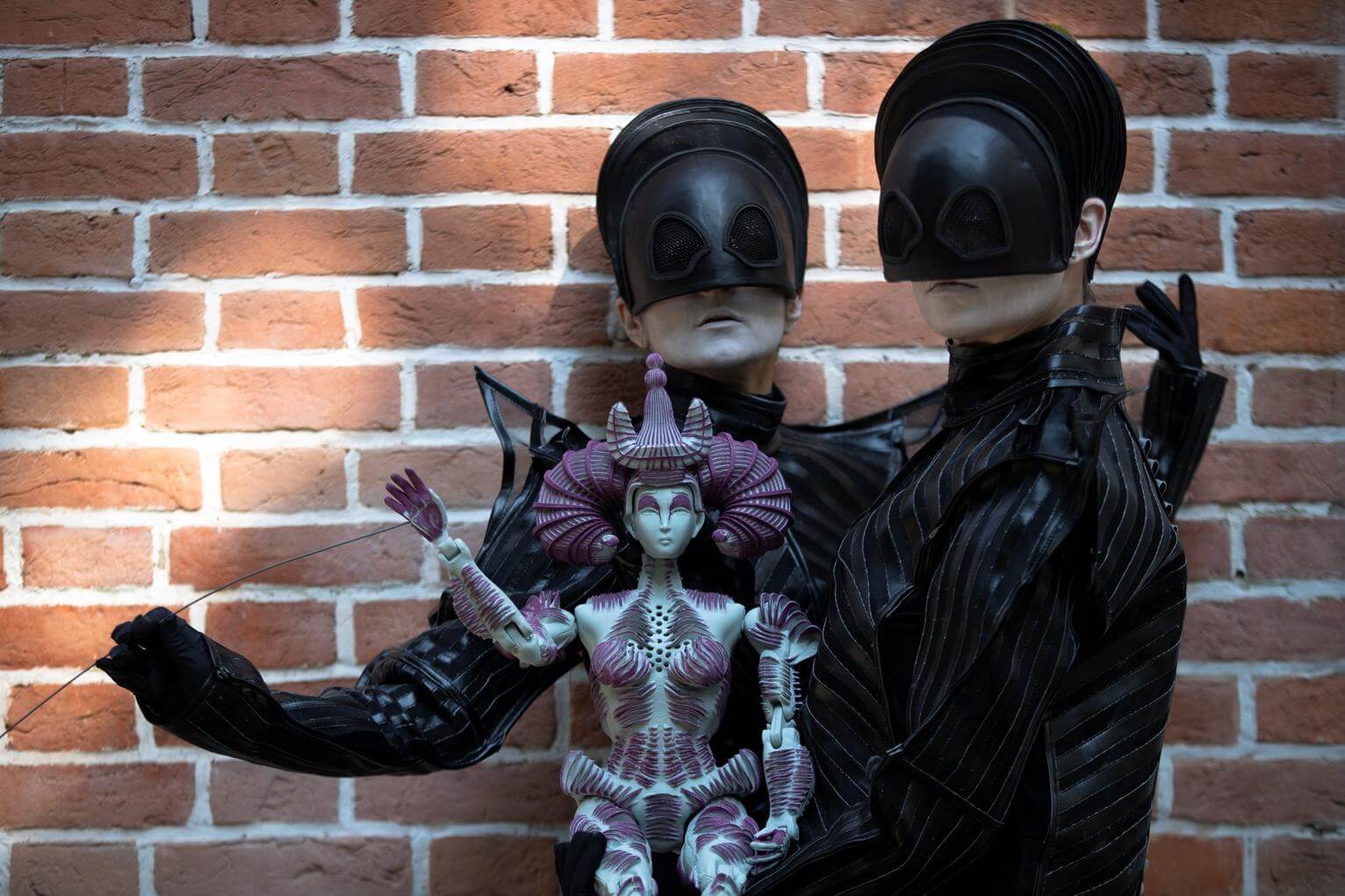
performance
October 2021 - January 2022
Купить билет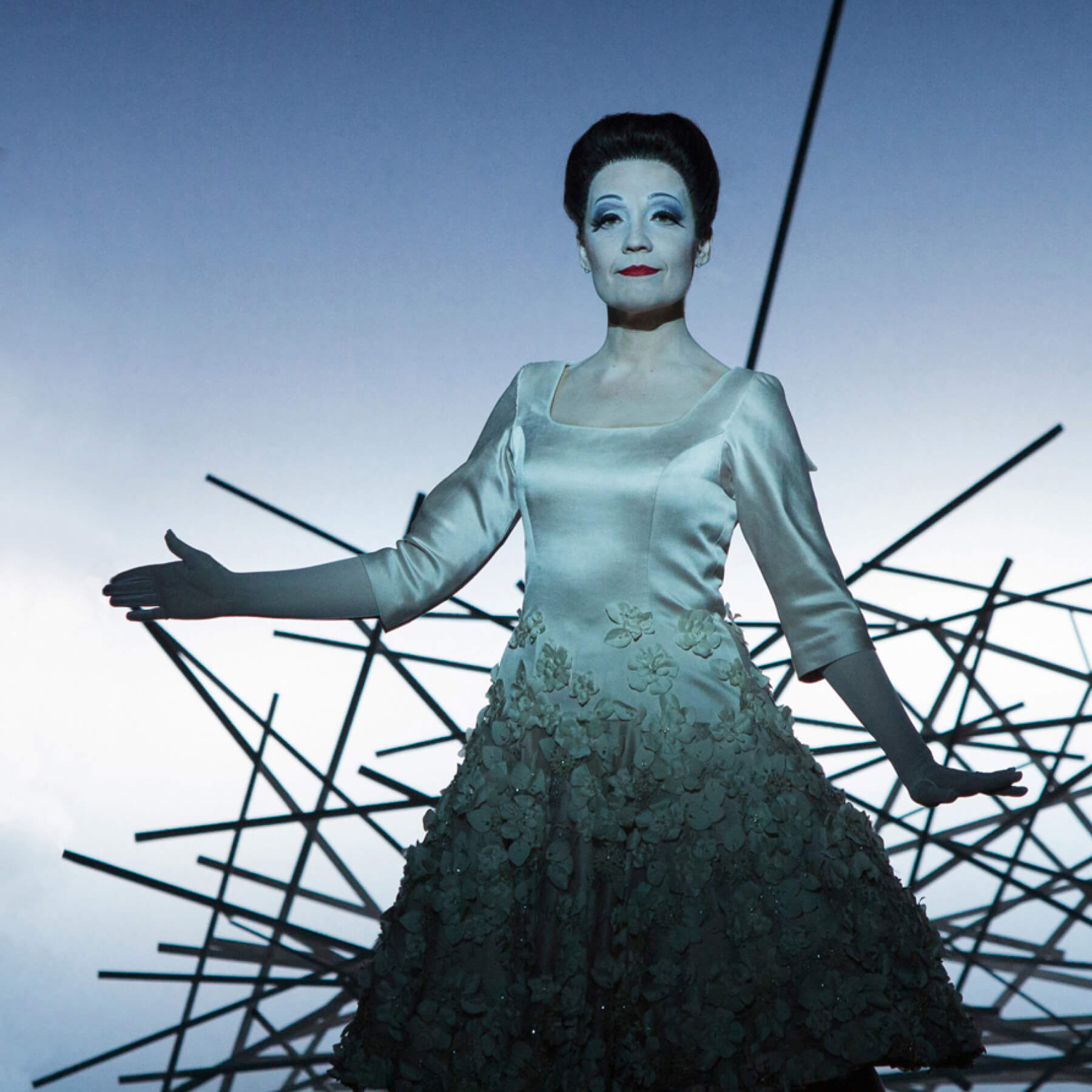
film screening
January 7, 2022
Купить билет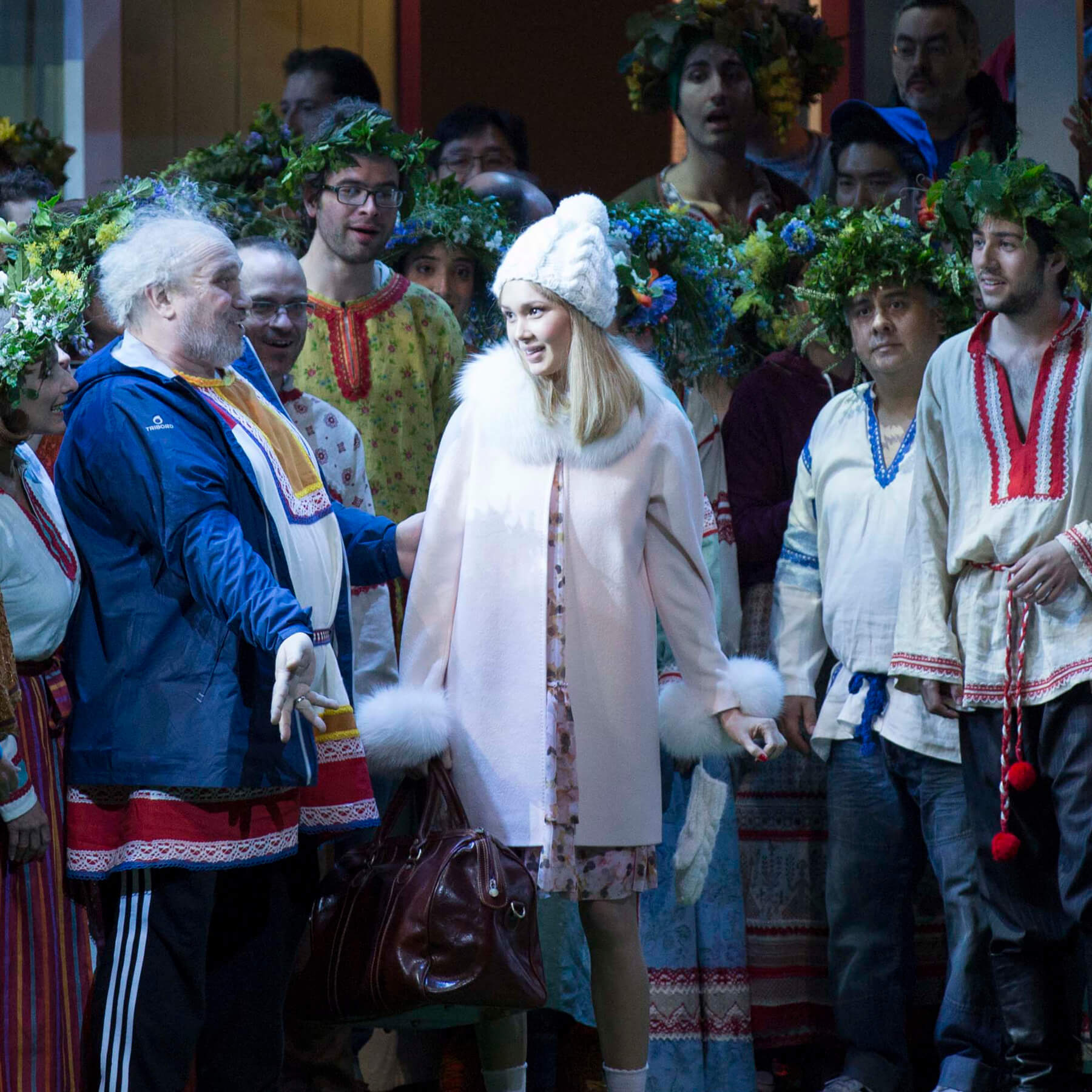
film screening
January 9, 2022
Купить билет
workshop
September 25 - December 25
Купить билет
workshop
September 29 - December 26
Купить билет
film screening
January 7, 2022
Купить билет
film screening
January 9, 2022
Купить билетМосква, Дольская д.1, Большой дворец
+7 495 322-44-33